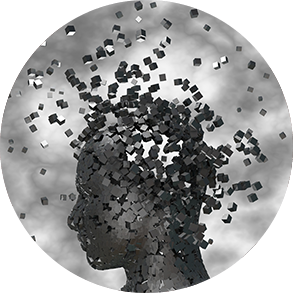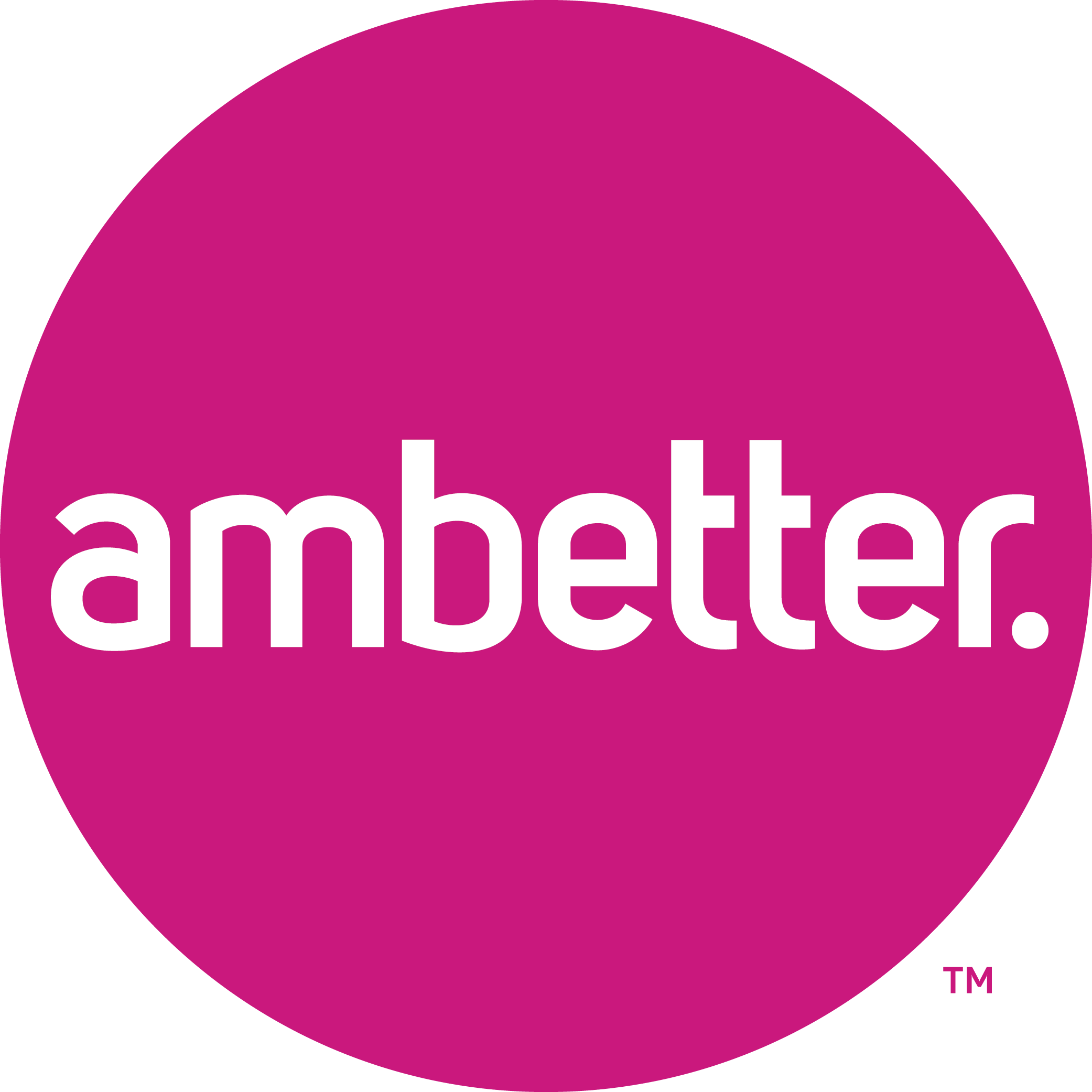Chicago DBT
For most people looking to overcome a substance abuse disorder, their recovery includes much more than just getting sober. Addiction can negatively impact several facets of their life. It may lead to relationship problems and can take a heavy emotional toll on the addict, especially during early recovery. Effective recovery should include actively trying to heal in all of these areas, which is why Banyan offers dialectical behavioral therapy in Chicago.

What Is Dialectical Behavioral Therapy?
Dialectical behavioral therapy, or DBT, is a psychosocial therapy approach that is similar to cognitive behavioral therapy but focuses more on emotions and the social aspects of the patient’s life. During DBT treatment, a trained professional will have a one-on-one discussion with the patient to assess the problems surrounding these specific aspects of their life.
The professional will help the patient come to recognize their emotions and learn to better manage them as well as cope with their negative feelings. The patient and counselor will also work together to examine the relationships in the patient’s life, how to move forward, and how to build healthier relationships. DBT has been used to treat a variety of ailments, including mood disorders, suicidal behavior or ideation, and substance abuse disorders.
Who Created DBT?
Dialectical Behavior Therapy (DBT) was developed by Dr. Marsha M. Linehan, a psychologist and researcher, in the late 1980s. DBT was initially created by Dr. Linehan as a specific therapy for people with borderline personality disorder (BPD) who were constantly thinking about suicide and acting out self-destructive behaviors. BPD is a difficult and complex mental health illness marked by impulsive actions, intense and unstable relationships, and emotional dysregulation.
In order to create a complete treatment paradigm that incorporated components of cognitive-behavioral therapy (CBT) and mindfulness meditation, Dr. Linehan acknowledged the shortcomings of current therapeutic techniques in successfully treating people with BPD. She was influenced by the dialectical theory of philosophy, which holds that knowledge and understanding can coexist.
The entire treatment manual, "Cognitive-Behavioral Treatment of Borderline Personality Disorder," was eventually published in 1993 after Dr. Linehan underwent rigorous research and clinical trials to develop and adapt DBT. Since then, DBT has grown in popularity and has been successfully used to treat a variety of other mental health issues, including mood disorders, eating disorders, and substance use disorders. The lives of people who struggle with complex emotional and behavioral issues have been considerably improved by Dr. Linehan's innovative work in establishing DBT.
What Does DBT Therapy Do?
In the context of addiction treatment, DBT can be a valuable component. Here's an overview of what DBT therapy aims to achieve:
- Emotional Regulation:
- Assist individuals in recognizing and regulating intense and overwhelming emotions.
- Teach skills to manage emotional distress without resorting to substance use as a coping mechanism.
- Mindfulness:
- Integrate mindfulness practices to enhance awareness of the present moment.
- Cultivate non-judgmental observation of thoughts and emotions to reduce impulsivity.
- Distress Tolerance:
- Equip individuals with practical strategies to tolerate distress without engaging in harmful behaviors.
- Teach healthier ways to cope with stress and crises.
- Interpersonal Effectiveness:
- Enhance communication and relationship skills.
- Teach assertiveness and boundary-setting to improve interpersonal interactions.
- Dialectics:
- Encourage individuals to accept and tolerate contradictions and conflicting emotions.
- Foster the ability to balance acceptance and change for more effective decision-making.
- Behavioral Change:
- Address and modify self-destructive behaviors by promoting positive behavioral changes.
- Establish and work toward specific, realistic goals.
- Therapeutic Relationship:
- Establish a supportive and validating therapeutic relationship.
- Work collaboratively with individuals to identify and address challenges in a non-judgmental environment.
- Skill Training:
- Provide structured skill training sessions to teach and reinforce specific DBT skills.
- Skills include distress tolerance, emotion regulation, interpersonal effectiveness, and mindfulness.
- Integration into Daily Life:
- Assist individuals in applying DBT skills to their daily lives, including managing triggers and avoiding relapse.
- Encourage the integration of learned skills into various aspects of life for sustained recovery.
DBT is often delivered in both individual and group therapy settings, providing a comprehensive approach to addressing the complex challenges associated with addiction and emotional dysregulation. The overarching goal is to empower individuals with the skills needed to build a life worth living, free from the reliance on substances as a means of coping.
The DBT Modules
Just as addiction is a multifaceted disease, so is this effective treatment method. Recovery is not a one-size-fits-all experience, and each individual that undertakes it will possess their own unique qualities to consider. That is why dialectical behavior therapy employs four modules that give a comprehensive approach to recovery.
The 4 Modules of DBT include:
- Mindfulness: This is the practice of being completely present in the current moment. Considering the fact that substance abuse is typically a means of escape from one’s problems, learning how to practice genuine mindfulness is extremely important.
- Distress Tolerance: In life, we are going to face difficult and sometimes painful situations. As opposed to running or harming oneself as a means to escape that, DBT seeks to develop the patient’s tolerance to these difficult scenarios.
- Interpersonal Effectiveness: This step involves learning how to stay firm in one’s own needs, remembering to advocate for those needs, but also maintaining healthy relationships while sticking to those boundaries.
- Emotional Regulation: As the name would suggest, this involves learning how to shift emotions that are causing harm or discomfort.
All of these steps highlight the usefulness of this method and why our DBT center in Chicago is such an effective tool for people in need of Illinois addiction treatment.
Using DBT for Addiction
Especially during early recovery, recovering addicts are often subject to a rollercoaster of emotions. These emotions may include times of triumph but often include many negative feelings. Recovery can be overwhelming, and common withdrawal symptoms may be mood swings or depression. Using dialectical behavioral therapy for addiction treatment can help patients learn to cope with these negative emotions. They will come to understand that these emotions are valid and how to address them without letting them derail their recovery progress.
Another common problem for addicts is personal relationships. Many addicts come to betray the trust of their loved ones because of their substance abuse problems, and the result is broken or damaged relationships. Sometimes addiction can also lead to unhealthy relationship dynamics. Along with therapy for family members of addicts, DBT for addiction can help people in recovery address these issues and learn how to move forward to create healthier and stronger relationships.
What Is the Difference Between CBT and DBT?
The main goal of CBT is to recognize and alter unhelpful thinking patterns and beliefs that underlie emotional distress and dysfunctional behavior. It tries to assist people in growing more adaptable and logical coping mechanisms for a variety of challenges. CBT frequently entails scheduled sessions when the client and therapist collaborate to recognize and reframe cognitive distortions, establish objectives, and acquire useful techniques for controlling symptoms. It works well for treating a variety of mental health conditions, including eating disorders, depression, and anxiety disorders.
Contrarily, DBT has been modified over the years to treat a variety of other conditions. The goals of DBT are to promote acceptance and validation of emotions while fusing aspects of CBT with mindfulness techniques. It emphasizes gaining competency in regulating emotions, coping with stress, interpersonal effectiveness, and mindfulness. DBT is especially beneficial for people who suffer from strong emotions, destructive behaviors, and relationship issues. It frequently entails both individual therapy and sessions for learning new skills in groups.
Experience DBT in Chicago With Banyan
Addiction is more than physical dependence. At Banyan’s Chicago drug rehab, we believe that in order for our patients to be able to achieve long-term sobriety, they need to look at the big picture of addiction recovery during treatment. Dialectical behavioral therapy for addiction is just one therapy method we use at our facility to help patients with their recovery. Through the use of this programming and many others, we provide our patients with all of the tools they need to confidently reenter their lives after their treatment is complete and to minimize the possibility of relapse.
If you or a loved one is struggling with a substance abuse disorder, do not wait to get help. Our Chicago addiction treatment center could be the answer you have been looking for. Contact us to learn more information.
Related Reading
Other Treatment Options
Most Insurance Plans Accepted
At Banyan Chicago our goal is to make sure that anyone who needs treatment from drug and alcohol addiction are able to get the help needed to assist them on the road to recovery. If you don't have insurance contact us to inquire about alternate methods regarding treatment for yourself or a loved one.






















